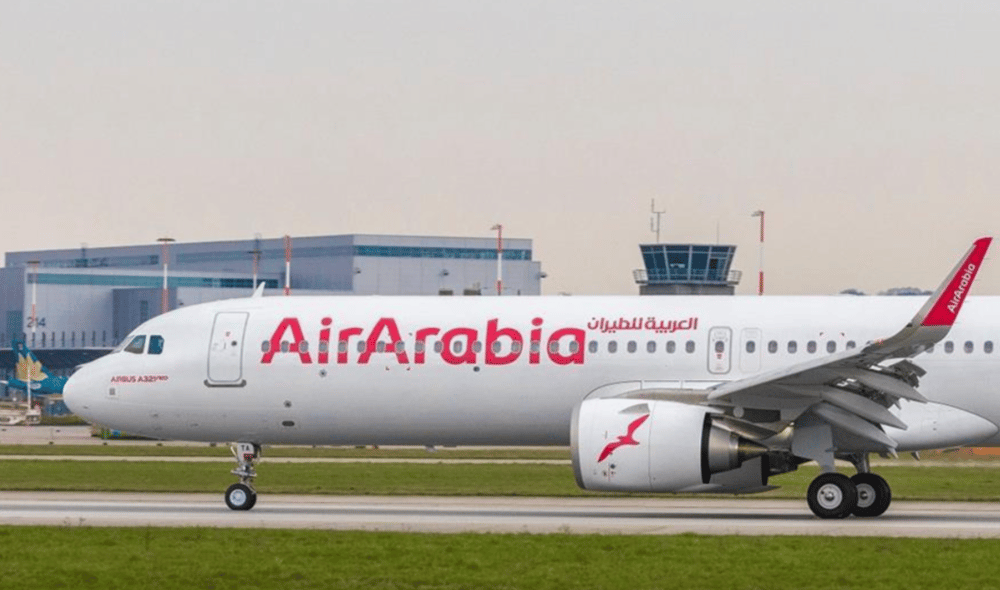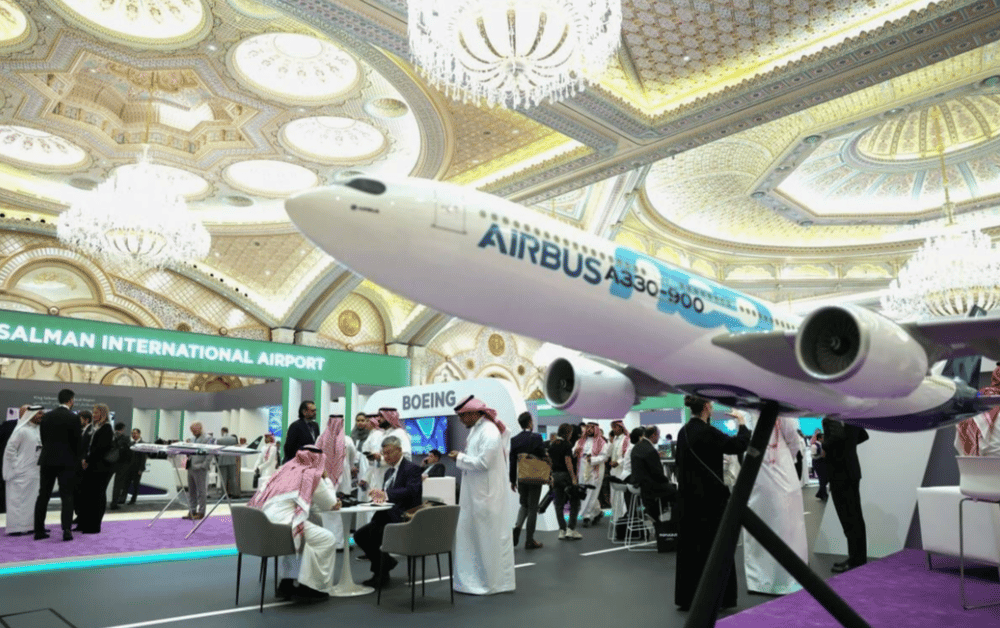Airbus Secures Major Aircraft Orders from Saudi Arabia and Poland Amid Geopolitical Tensions
The 2025 Paris Airshow, the world’s largest aerospace trade exhibition, opened with significant commercial developments for Airbus $AIR.PA, which secured multibillion-dollar aircraft deals from Saudi Arabia and Poland. However, the momentum was overshadowed by a diplomatic fallout involving France’s decision to close several Israeli stands, citing concerns over the display of lethal military equipment.
Despite this, Airbus outpaced expectations with early deal activity, even as industry analysts projected subdued deal volumes compared to past shows, citing a recent Air India Boeing 787 crash and the lingering effects of Boeing’s $BA aggressive order campaign during the U.S. president’s Middle East visit.
Airbus Gains Ground as Boeing Faces Headwinds
Airbus's newly signed contracts with Saudi Arabian and Polish operators reflect a strategic push into emerging and defense-aligned markets, as both nations ramp up fleet modernization and defense-linked aviation capabilities. The deals offer Airbus a foothold in regions traditionally more inclined toward U.S. defense and aerospace manufacturers, including Boeing.
The significance of these contracts lies not only in their economic value—estimated in the multi-billion USD range—but also in the timing. With Boeing facing intensified scrutiny following a fatal crash involving its 787 Dreamliner, the French aerospace giant capitalized on investor and customer caution.

Airbus at Paris Airshow 2025
✈️ Airbus signed major aircraft orders with Saudi Arabian and Polish buyers, details undisclosed but valued in the multi-billion USD range.
🇸🇦 Saudi Arabia’s order aligns with Vision 2030 initiatives to diversify the economy and bolster aviation infrastructure.
🇵🇱 Poland’s acquisition reflects ongoing investments in NATO-aligned defense and logistics capabilities.
🚫 France closed several Israeli stands, citing the display of deadly weapons, prompting diplomatic protest and media coverage.
🛑 Air India Boeing 787 crash last week dampened air travel sentiment, raising safety questions for Boeing’s Dreamliner family.
🇺🇸 Boeing’s recent deals signed during the U.S. President’s Middle East tour have shifted competitive pressure onto Airbus, prompting a more assertive sales posture.
Market Reactions and Sector Commentary
Industry response to Airbus’s early success was cautiously optimistic. While investors welcomed the new contracts, analysts stressed the geopolitical undercurrents affecting the show’s tone and commercial outcomes. The stock of Airbus posted marginal gains in early Paris trading, while Boeing shares slipped modestly on the NYSE, reflecting safety-related concerns.
Defense analysts highlighted the irony of an airshow known for military aircraft sales becoming a stage for diplomatic censorship, potentially affecting future participation from Israeli firms. Meanwhile, trade and aviation specialists underscored the strategic significance of Polish and Saudi orders as both nations are reorienting toward European suppliers amid evolving global alliances.

Critical Observations from the Paris Airshow
Airbus’s deals strengthen its commercial aviation order book, signaling resilience despite broader geopolitical turbulence.
Saudi Arabia and Poland’s aviation investments reflect a shift in regional procurement strategies toward European defense and aerospace suppliers.
France’s diplomatic move against Israeli firms could set a precedent for politically charged restrictions at future defense exhibitions.
Boeing's safety record continues to face scrutiny, likely affecting near-term order momentum, particularly for the Dreamliner series.
Overall order volume at the 2025 Paris Airshow is expected to underperform historical averages, due to recent aviation incidents and shifting procurement cycles.
Airbus Leverages Strategic Timing Amid Industry Realignment
While the Paris Airshow 2025 began under the shadow of diplomatic controversy and safety concerns, Airbus effectively leveraged the environment to secure significant commercial wins. The deals with Saudi Arabia and Poland not only reinforce Airbus's position in the global duopoly with Boeing, but also illustrate a broader geopolitical realignment in aviation procurement.
As airlines and governments reassess fleet priorities in an increasingly fragmented global order, Airbus appears well-positioned to benefit from both safety-led shifts in brand preference and political tensions that may drive nations toward non-U.S. suppliers. However, the long-term competitive balance will still depend on aircraft performance, supply chain resilience, and ongoing regulatory developments tied to aviation safety and defense trade policies.















Comments
This signals a broader industry shift toward integrated, scalable tech-driven solutions